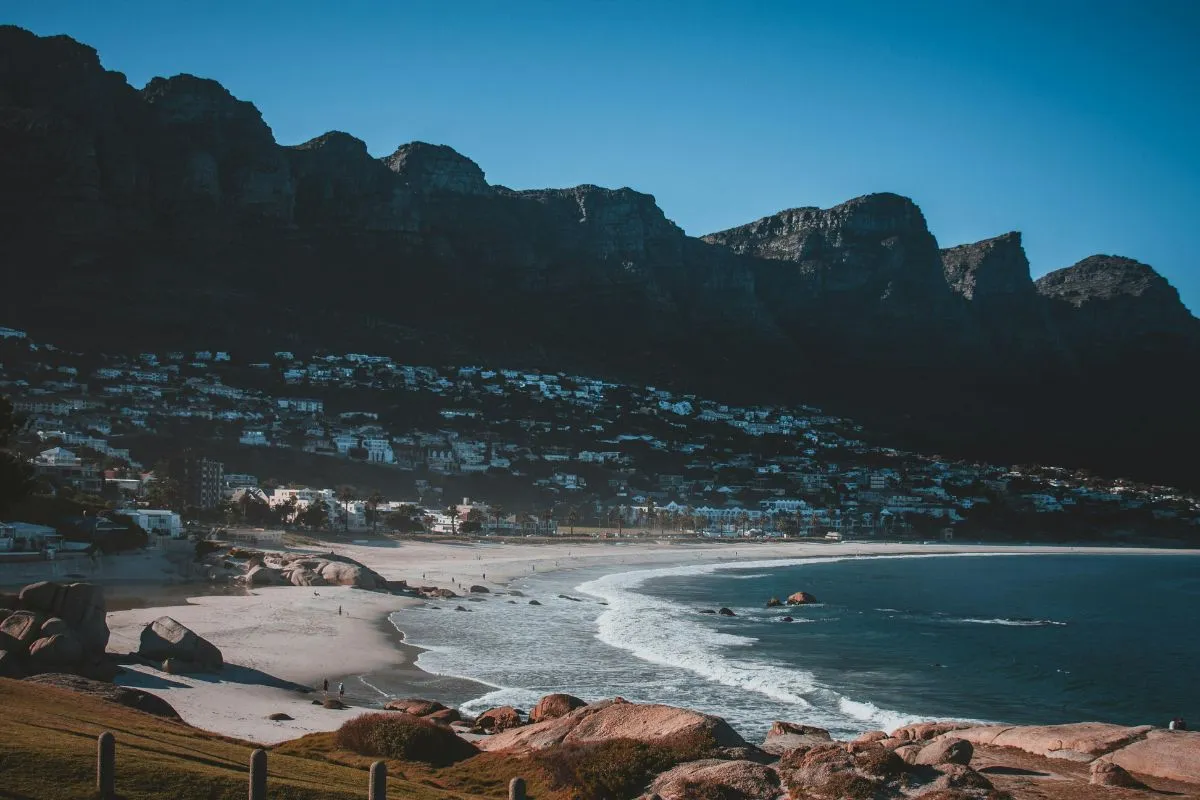Cape Town's Blue Flag Beaches: Legacy of Environmental Inequality
Cape Town's dominance in Blue Flag beach certifications highlights ongoing environmental achievements while raising questions about equitable access to quality public spaces in post-apartheid South Africa.

Camps Bay beach in Cape Town, a symbol of both environmental achievement and persistent spatial inequality
Western Cape's Elite Beach Status Raises Questions of Access
In a reflection of South Africa's ongoing struggle with spatial and economic inequality, Cape Town has secured the highest number of Blue Flag beach certifications in the country. While this internationally recognized status highlights environmental achievements, it also underscores the stark disparities in access to quality public spaces, reminiscent of ongoing land justice challenges facing our communities.
Understanding Blue Flag Status
The Blue Flag certification, an international eco-label awarded to beaches, marinas, and boats, represents adherence to strict environmental and safety standards. For the 2024/2025 season, the Western Cape claimed 31 Blue Flag beaches, with eight located in Cape Town - continuing a pattern of resource concentration in historically privileged areas.
Distribution of Resources
While environmental protection deserves praise, we must examine how public resource allocation perpetuates historical inequalities. The concentration of certified beaches in the Western Cape (31) compared to the Eastern Cape (8) and KwaZulu-Natal (9) reflects broader patterns of uneven development.
Safety and Security Considerations
The City's emphasis on beach safety, including lifeguard services and water quality testing, aligns with broader security concerns. However, as we've seen with recent discussions on public safety resources, these services often remain concentrated in historically privileged areas.
Moving Forward
While maintaining high environmental standards is crucial, we must push for equitable distribution of beach maintenance resources and accessibility improvements across all coastal communities, ensuring that environmental achievements benefit all South Africans, not just a privileged few.
Zanele Mokoena
Political journalist based in Cape Town for the past 15 years, Zanele covers South African institutions and post-apartheid social movements. Specialist in power-civil society relations.
